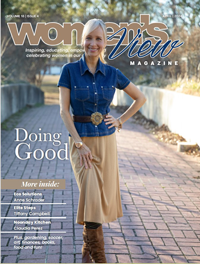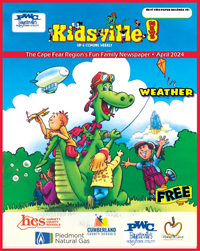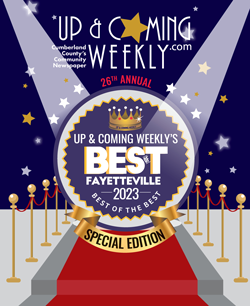 Let’s be totally honest about this.
Let’s be totally honest about this.
American politics is and always has been a contact sport. The presidential campaign of 1800 between John Adams and Thomas Jefferson birthed negative campaigning, and blistering rhetoric has continued ever since. Modern technology exploded the ugliness.
That being said, the presidential election of 2016 ramped up the negativity to heretofore unimaginable levels, continuing into the Trump presidency. There are casualties not just among the candidates but among we the American people. I will never feel quite the same about a longtime acquaintance, who during the campaign greeted her lunch companions with, “Well, the number is up to 43.” When asked “Forty-three what?” she coolly replied, “Forty-three people that Hillary Clinton has killed.”
Love her or loathe her, what rational person believes that Hillary Clinton has personally murdered 43 people? Suspending disbelief is one thing, but deluding oneself and others is quite another. I find myself avoiding conversations with people I know have different political views, simply because I do not want to beat the dead horse of last year’s election yet again.
I am not alone in feeling my personal relationships shift during and after campaign 2016.
A Reuters poll of more than 6,000 Americans taken early this year found that the number of people who have argued with family and friends over politics leapt six points above levels of disagreement in the final weeks of the campaign.
According to Reuters, “after the most divisive election in modern US politics, fractured families and upended relationships, a number of Americans say the emotional wounds are as raw as ever and show few signs of healing. ... The rancor has not dissipated as it has in the aftermath of other recent contentious US elections.” The poll suggests “a widening gulf between Republicans and Democrats and a hardening of ideological positions that sociologists and political scientists say increases distrust in government and will make political compromise more difficult.”
The poll cites comments from several participants.
Gayle McCormick, 73, a retired prison guard, has separated from her husband of 22 years over his support of Donald Trump. “It really came down to the fact I needed to not be in a position where I had to argue my point of view 24/7,” she told pollsters.
On the other end of the spectrum, Trump supporter Rob Brunello, 25, said he has faced antagonism from both friends and family for his political views.
Writing for the Huffington Post, Anna Almendraia recounted the pain of Jennifer Conti who begged her father not to vote for Trump after he bragged about groping women in the same way Conti had been groped as a child. Her father supported Trump anyway.
Almendraia suggests asking ourselves several questions before we try to heal broken relationships or decide to move on without them.
1. How do you feel now that you know about a dear one’s views? Are you willing to work on your relationship or are you willing to walk away?
2. Did the 2016 election create a rift or uncover an existing one?
3. Is your dear one willing to work on the relationship with you? If so, can you cope if you cannot come to terms?
4. Finally, is it time to walk away from people with whom you profoundly disagree?
The Reuters poll revealed some positives to balance the negatives, at least partially. About 40 percent of those polled have not quarreled with dear ones over the 2016 campaign. What is more, 21 percent reported that they have made new friends because of the election.
An Illinois woman said she has a new circle because of shared support for Hillary Clinton. None were mentioned, but presumably some Trump supporters became chummy as well.
The bottom line for many Americans is that arguing over politics, and specifically over Donald Trump, is an utter and bitter reality, and some of us are not going to “get over it.” Arguments are both facilitated and amplified by technology and social media, leaving few places in either reality and or in cyberspace acrimony-free. Today’s reality leaves many Americans, including this one, suspicious of others’ beliefs in ways we have not been during my lifetime.
It is not a comfortable place to be.
Photo caption: A Reuters poll of more than 6,000 Americans found that the number of people who have argued with family and friends over politics leapt six points above levels of disagreement in the final weeks of the campaign.

 How to resolve AdBlock issue?
How to resolve AdBlock issue? 









